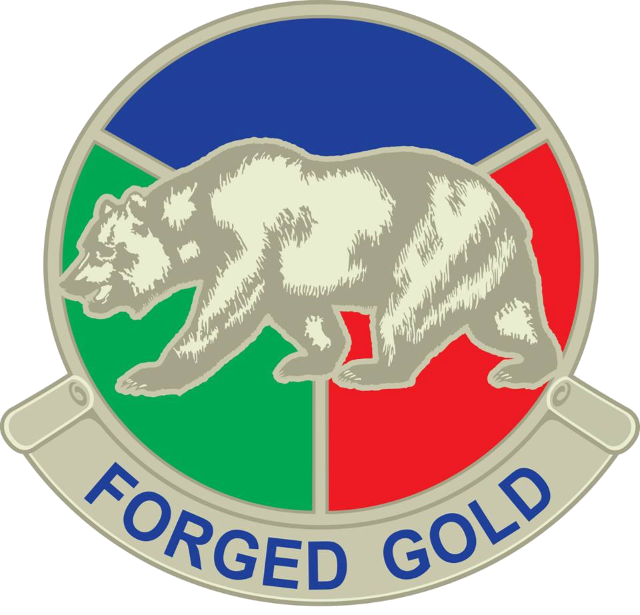US Army Branches
The challenges and rewards offered to Army officers are abundant. You'll specialize in a general field of interest and take on different assignments as you are stationed across the U.S. and around the world. Each new assignment brings new opportunities, challenges, friends, colleagues and opportunities to grow. There's more than one way to serve as an officer in the US Army whether in the active component of the US Army, Army Reserves, or Army National Guard within the basic officer career fields listed below.
Manuever, Fires and Effects (MFE) Branches
The Maneuver, Fires and Effects (MFE) branches offer officers in the MFE field to be tasked with protecting lives through the actual or perceived use of weapons and movement against the enemy. Examples of branches in the field are Chemical Corps, Infantry, Aviation and Field Artillery.
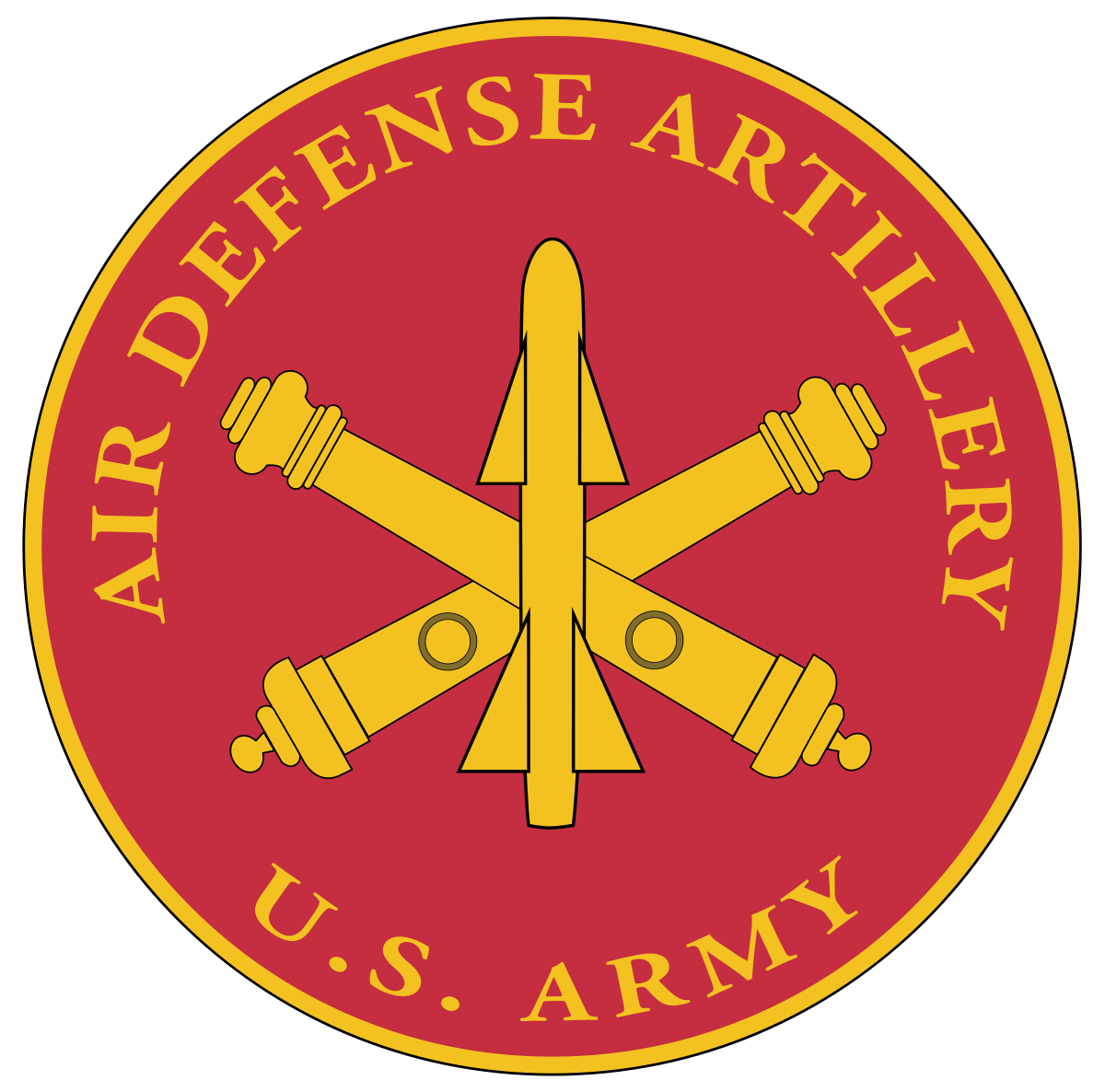 Air Defense Artillery
Air Defense Artillery
On the cutting edge of combat. It's one of the most high-tech and modern forces in the Army and a combat arms branch. To be an officer in this branch, you need to constantly evolve and strive to stay ahead.
Second lieutenants in the Air Defense Artillery defend civilians Soldiers and assets from enemy missiles, and aircraft. As an officer, you will become an expert in the tactics, techniques, and procedures for the employment of air defense systems. In addition, you may be assigned to a corps or theater missle defense unit in charge of safeguarding military assets and populated areas.
As part of your duties and training, you will also gain expertise in one or more of the following systems: the PATRIOT Missile System, the Bradley-Linebacker System, the Man Portable Air Defense System and/or the AVENGER System. Find out more about being an officer in Air Defense Artillery here.
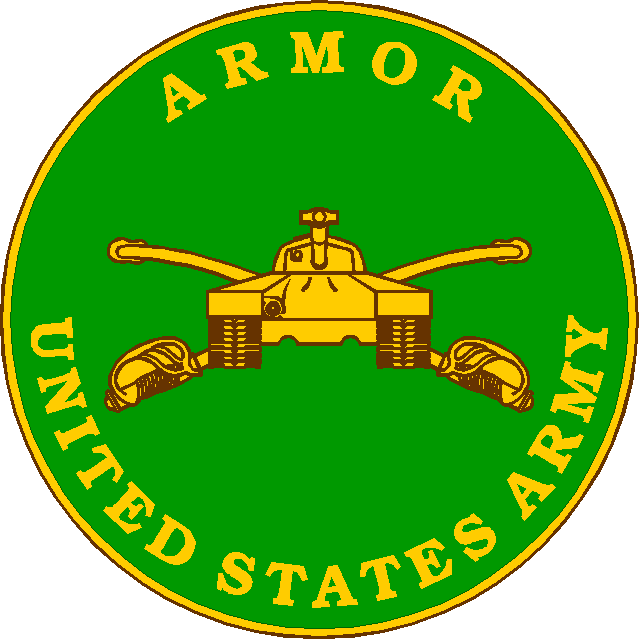 Armor
Armor
Hit the battlefield with 70 tons of steel. It began as the horse cavalry in the early history of our nation. Known as the "Combat Arm of Decision," Armor has served throughout history as the spearhead of the greatest Army in the world. Today, Armor is a combat arms branch that remains the most effective and versatile force in the U.S. Army because it continually evolves to meet ever-changing requirements. Officers who join the Armor branch will train on either Abrams Tanks, Bradley Fighting Vehicles, Stryker Mobile Gun Systems or High-Mobility Multipurpose Wheeled Vehicles.
As an Armor officer, you will lead the finest Soldiers in the world, manage dynamic maintenance programs and execute first-class training. Armor lieutenants may be assigned to Abrams tank units, Bradley scout platoons, Stryker Mobile Gun Systems or other reconnaissance organizations equipped with varied vehicles. Scouts and tankers often work together as a combined arms team while performing their unique missions. Scouts operate well in advance of the unit main body, gain and maintain initial contact with enemy forces, develop the situation through action, relay critical information and act as the commander's "eyes and ears." Upon contact, tankers use maneuver, firepower and speed to destroy enemy forces. Find out more about being an Armor officer here.
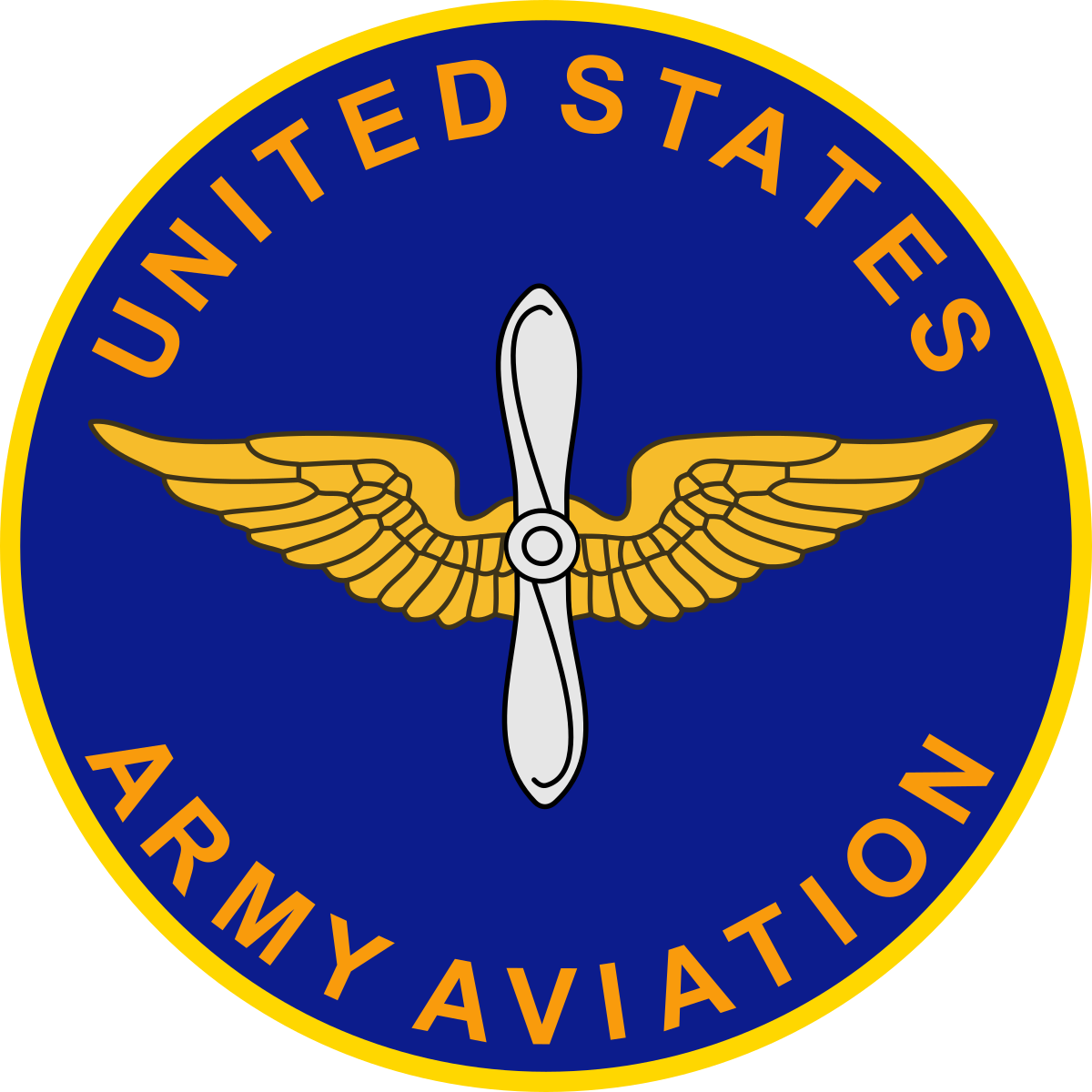
Aviation
The most advanced way to fly. As an Army Aviator, you will lead outstanding Soldiers who possess some of the most highly technical skills in the Army. An Aviation officer flies and flights in the most advanced aircraft in the world, operating across the full spectrum of Army operations as an essential member of the combined arms and joint teams.
Many different missions and assignments are available to Aviation officers. From conducting attack and reconnaissance, air assault and air movement, unmanned aviation systems and fixed wing operations, Aviation missions take place over vast distances and at great speeds. As an Aviation officer, you are vital to the coordination and integration of Army Aviation into the U.S. Army and multinational operations, as well as special operations support. Find out more about being an Aviation officer here.
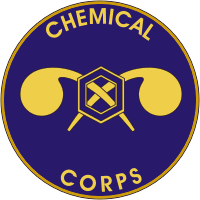
Chemical Corps
Specialized weapons are our specialty. Challenging doesn't even begin to describe the job of an officer in the Chemical Corps. In this branch, you will train in the detection and identification of Chemical, Biological, Radiological and Nuclear (CBRN) weapons, reconnaissance, decontamination and smoke operations.
The mission of officers in the Chemical Corps is to protect our country from CBRN threats, as well as Weapons of Mass Destruction (WMB). As a CBRN officer, you will command or serve as a platoon leader of a chemical unit while employing state-of-the-art CBRN defense systems. You will also plan, coordinate and direct operations, including vulnerability assessment, multi-spectral obscuration, sensitive site exploitation and assessment, CBRN reconnaissance, CBRN decontamination and CBRN force protection. Soldiers in this branch are additionally responsible for combating WMB, which includes nonproliferation and consequence management. Find out more about being a Chemical Corps Officer here.
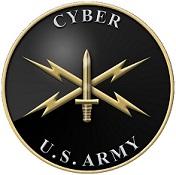
Cyber
The Cyber branch is the newest branch of the U.S. Army. It is described as "a maneuver branch with the mission to conduct defensive and offensive cyberspace operations. Cyber is the only branch designed to directly engage threats within the cyberspace domain." Fighting in cyberspace requires the focused engagement of a fully-integrated, technically-proficient workforce that understands how to utilize both cyberspace and the electromagnetic spectrum to complete the mission. Cyber officers conduct integrated electronic warfare, information, and cyberspace actions. They are responsible for the aggressive defense of Army networks, data infrastructure, and cyber weapons systems. As a Cyber officer, your team will provide full-spectrum cyber capabilities.
The Army’s cyber force is engaged in the real-world cyberspace fight today, against near-peer adversaries, ISIS, and other global cyber threats. They defend military networks, secure Army weapons platforms, and help protect critical U.S. infrastructure. Find out more about being a Cyber Officer here.
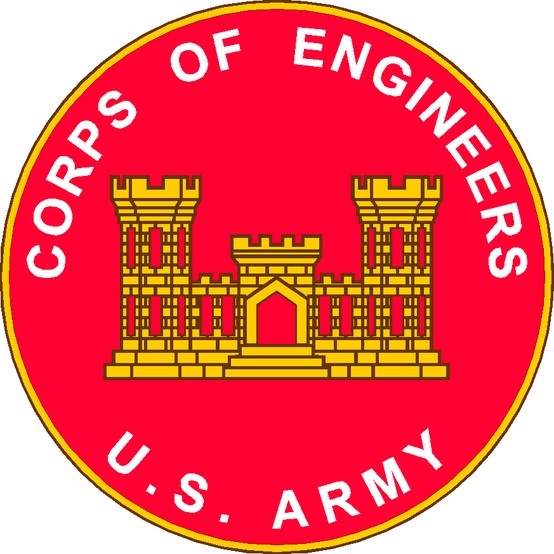
Corps of Engineers
Building far more than expected. The second oldest regiment in the Army, the Corps of Engineers is one of the most dynamic branches in the Army. As an officer in this branch, you can lead various engineer units, including Sapper, Stryker, Bradley, Construction, Geospatial, Dive, Bridge, Power, Rescue and Training. From conducting reconnaissance to constructing roads to analyzing terrain data and more, the roles of engineers across these units are as varied as they are crucial to the U.S. Army.
The Corps of Engineers helps the Army and the nation build structures, develop civil works programs and work with natural resources. They also provide combat support on the battlefield, assuring mobility of the force and enhancing its protection. Described as the "stagehands of battle," military engineers are the ones who commanders turn to for solutions to their toughest problems.
Of course, training provided for officers in the Corps of Engineers directly translates into the civilian sector. In fact, the U.S. Army Corps of Engineers is one of the world's premier design and construction agencies, comprised of more than 30,000 civilian and 750 military engineers. Find out more about being an Engineer Officer here.
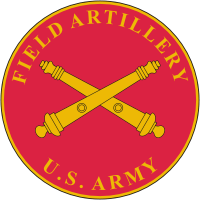
Field Artillery
Putting steel on target. As an officer in Field Artillery, you will become a combined arms expert in this combat arms branch, controlling long-range weapons while coordinating with Armor and Infantry forces. Leaders in this branch may also coordinate their strikes with tactical air, naval gunfire and Army aviation weapons.
These officers are on the battlefield responding with long-range prevision weapons against distant targets. They neutralize or suppress the enemy by cannon, rocket or missile fire.
Lieutenants who begin in Field Artillery may command cannon and rocket platoons prior to leading Field Artillery batteries. Additional duty positions include fire support officer and fire direction officer. Eventually, you could become a maneuver battalion fire support officer as you advance your career. Find out more about being a Field Artillery Officer here.
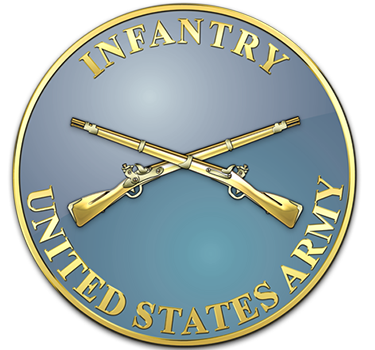
Infantry
Defending the front lines of history. To be an Infantry officer in this combat arms branch is to be at the core of the Army's fighting force. In this position, you will be a leader in the main land combat force of the U.S. Army. You will serve as a platoon leader and eventually as a company commander. You will ensure that your troops work together for a common goal. You will also share in their challenges and in their victories.
Whether in times of peace or in times of combat, an Infantry lieutenant is self-disciplined, confident and intelligent. Infantry officers are expected to make quick decisions, take initiative and adjust to constantly changing environments.
Most civilians picture Infantry when they think of the Army. It's no surprise, considering this branch dates back to 1775, when a resolution of the Continental Congress created the first Infantry companies. Find out more about being an Infantry Officer here.
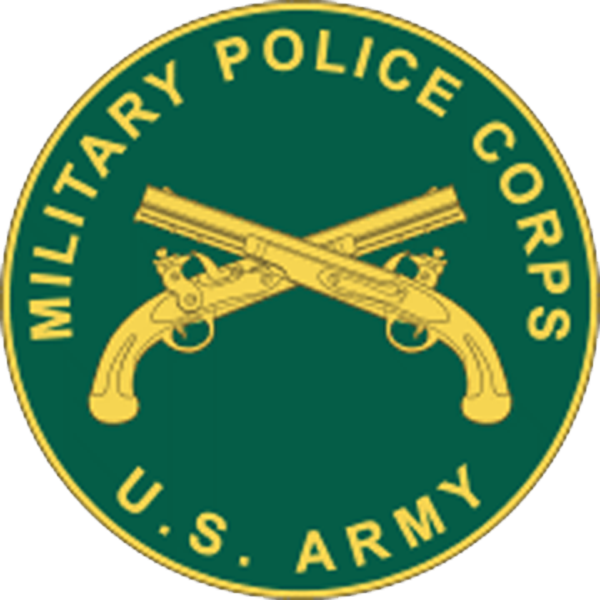 Military Police Corps
Military Police Corps
Defending the front lines of history. The Military Police (MP) Corps has a long and distinguished history in the U.S. Army. Officially established in 1941, the MP Corps' lineage can be traced all the way back to the American Revolution.
Officers in the MP Corps manage five primary functions to support Army and Joint Operations worldwide: Law and Order, Police Intelligence Operations, Internment Resettlement, Area Security, and Maneuver and Mobility Support. These functions cover every aspect from law enforcement at the installation to security of U.S. Forces and civilians on the battlefield. MP officers also perform criminal investigations.
Expected to detect and deter any enemy activity near military command posts or other Army territory, the MP is the most demanded resource for major combat, stability, expeditionary, civil assistance and homeland consequence management operations. When assigned to this branch, your training begins with the Military Police Basic Officer Leaders Course, where you will experience physical training and learn leadership skills, tactics, maintenance and supply. You'll then be given the opportunity to study civil and military law, weapons training and communications skills. You can also take airborne, air assault and ranger training to aid in your MP career. Find out about being a Military Police officer here.
Force Sustainment (FS) Branches
Force Sustainment (FS) branches support, train, supply and maintain fellow US Army Soldiers. This is the mission of those serving in the Army's Force Sustainment Branches. In this field, officers may specialize in several branches, including Ordnance and Finance.
 Adjutant General Corps
Adjutant General Corps
Managing the world's largest ground force. The Adjutant General Branch is the human resources functional component within the Force Sustainment community of the Army. It is the second oldest existing branch of the U.S. Army, crucial to its seamless operation.
The primary mission of this branch is to coordinate timely and effective manning and personnel support for commanders. This enhances the readiness and operational capabilities of the total force across the full range of military operations.
As a leader in the Adjutant General's Corps, officers are assigned to a duty position that will allow maximum exposure to a wide range of human resource programs. You can expect entry-level human resources management assignments at company, battalion and brigade level, along with leadership responsibilities. In this career field, you will help Soldiers with the tasks that affect their welfare and assist commanders by keeping Soldiers combat ready. You will also be involved in unit readiness, morale and Soldier career progression. In many cases, the duties of an Adjutant General officer are similar to that of a human resources executive in the civilian world. Find out more about being an officer in the Adjutant General Corps here.

Finance Corps
Putting steel on target. The Army's Finance Corps is a Combat Service Support branch responsible for sustaining operations through purchasing and acquiring supplies and services. As an officer in this branch, some of the many duties you may regularly perform include playing commercial vendors, paying Soldiers and civilians for their service, balancing and projecting budgets, calculating travel and transportation allowances, preparing and distributing reports and financial statements, and managing other financial matters that keep the Army running. Other finance duties available consist of providing cash operations, both U.S. and foreign, to support multi-force and multi-national missions across the globe; directing disbursement, receipt, and deposit of public funds as an agent of the U.S. Treasury Department; and interpreting financial laws.
Finance officers may be assigned to any unit, anywhere in the world. Some of the unique duty positions to which you may be assigned include disbursing officer, commander of a financial management company, deputy (or assistant) chief of staff, resource management, budget analyst, management analyst, program analyst and auditor. Find out more about being a Finance Officer here.
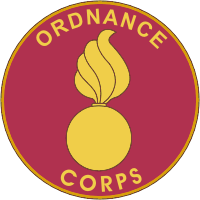
Ordnance Corps
Experts in weapons and ammunition. The second largest branch in the U.S. Army, the Ordnance Corps, is in charge of a wide range of weapons systems. More specifically, officers in this branch ensure that weapon systems, vehicles and equipment are ready and available, as well as in perfect working order, for combat commanders anytime, anywhere.
At the Ordnance Basic Officer Leaders Course, you will learn leadership skills, tactics, maintenance and operational aspects of weapons and vehicles used in an Ordnance platoon. Your training will take place in classrooms and in the field.
There are three main divisions in the Ordnance Corps: Material Maintenance Management, Munitions Material Management and Explosive Ordnance Disposal. As an officer in this branch, you may manage vast amounts of supplies and Soldiers or serve in a staff position. Find out about being an Ordnance officer here.
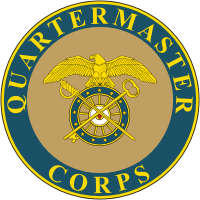
Quartermaster Corps
Managing the supply needs of Soldiers. In wartime and in peacetime, the Army conducts contingency operations and exercises around the world. This means our nation's ground force has an enormous need for provisions. Officers serving in the Quartermaster Corps, the largest branch in the U.S. Army, are responsible for managing those provisions.
Quartermaster officers can command at every level from second lieutenant to general, whether it be a Petroleum Platoon, a Forward Support Company, a Brigade Support Battalion, a Defense Distribution Depot, an Expeditionary or Theater Support Command, or the Army Material Command. As an officer in this branch, you will use the latest equipment and information technologies to solve logistical issues and manage the distribution of supplies and services around the world. From food and water to petroleum, repair parts, field services and weapon systems, officers in the Quartermaster Corps ensure that all Soldiers are adequately sustained.
Quartermaster officers can expect to train in seven battlefield functions: Supply Distribution, Fuel, Water, Field Services, Aerial Delivery, Subsistence and Mortuary Affairs. Additionally, you may attend Ranger, Airborne, Pathfinder, Aerial Deliver (Rigger) and Mortuary Affairs Schools when you are assigned to this branch. Find out about being a Quartermaster Corps officer here.
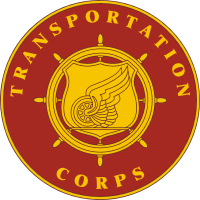
Transportation Corps
Moving the force. Getting from point A to point B isn't always an easy task. That's where the Army's Transportation Corps comes in, using strategy and planning to make their move. This branch enables this nation to transport its Soldiers, as well as their supplies and equipment, where they need to be.
As an officer in the Transportation Corps, you will use your tactical skills and logistical expertise and apply them to transportation concepts. You will be responsible for moving supplies, troops and equipment where needed around the world.
During wartime, the Transportation Corps utilizes both military and civilian trucks, trains, boats and airplanes to provide fast support to combat teams on the front lines. Your training will be include the Transportation Basic Officer Leaders Course, where you will learn leadership skills, tactics, maintenance and operation aspects of weapons and vehicles. You will also learn the core competencies of Deploy the Force, Distribution Synchronization, Joint/Combined Transportation Network, Sea and Air Cargo Transportation, and Material and Personnel Movements. In this branch, you'll be keeping Soldiers on the move. Find out about being a Transportation officer here.
Operations Support (OS) Branches
Operations Support (OS) officers can pursue positions in Military Intelligence or the Signal Corps. Both disseminate information critical to military operations. This field also has the most functional areas available for the next phase of your Army career.
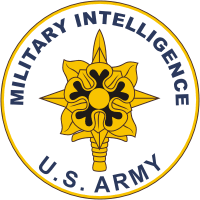 Military Intelligence Corps
Military Intelligence Corps
Knowing the enemy inside and out. As an officer in one of the largest branches in the U.S. Army, you will work with high-tech Military Intelligence (MI) equipment in areas such as communications, all-source intelligence analysis, computer warfare, digital imagery and satellite data. You may specialize in such areas as counterintelligence, human intelligence, signals intelligence and all-source intelligence. You will do so to determine the plans, intentions and capabilities of enemy forces, as well as reduce the uncertainty of enemy, terrain and weather conditions for a commander.Military Intelligence officers are always in the know. With extensive training and expertise in intelligence, counterintelligence, electronic warfare, interrogation, reconnaissance and surveillance, officers in this branch are critical to military leaders. MI officers are always out front, providing essential intelligence and, in many cases, saving Soldiers who are fighting on the front lines. Find out more about being a Military Intelligence officer here.
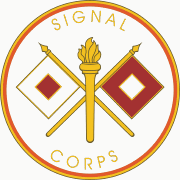
Signal Corps
Masters of communication. From the front lines to the White House, officers in the Signal Corps are always on top of the latest technology. They're the first link in an intricate chain of command and are responsible for all systems of communication for the entire Army.
Your training will begin with the Signal Basic Officer Leaders Course, where you'll master tactical and technical leadership skills in preparation for your first assignment. Then, as a Signal platoon leader or Staff officer, you'll be in control of high-tech electronic equipment ranging from switching systems to satellite communications systems. You'll also be responsible for planning, employing and operating voice, video, imagery and data distribution systems and networks across the globe. With the Signal Corps, the Army continues to be the best-informed, best-prepared fighting force in the world. Find out about being a Signal Corps officer here.
Special Branches*
Special branches require special degrees, certifications or endorsements fall into this category. Career paths within special branches include Judge Advocate General, Chaplain Corps, Army Nurse, and much more. As an ROTC Cadet, in order to branch in to one of the following listed below, you must apply for an educational delay at the start of your Senior year at UC Davis in order to attend the specialty school. The educational delay is also contingent upon acceptance in to the graduate program/school for certification. ROTC does not branch Cadets into these branches upon completion of their Bachelors degree. Contact us for more information.
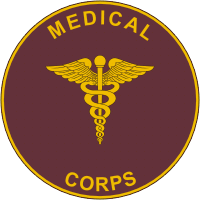
Army Medical Department (AMEDD)*
The best care begins here. As an officer in one of the six corps encompassed by the Army Medical Department, you'll be a member of one of the best health care teams in the world. AMEDD is further divided into 5 specialty divisions:
Medical Corps (62)* -Army physicians and surgeons work in some of the finest medical facilities, including Brooke, Walter Reed, Madigan and Tripler Army Medical Centers. Positions exist in patient care, teaching, research, and management. Find out more about being a Medical Corps officer here.
Army Nurse Corps (66)* -Nurses are given opportunities not readily available in the civilian world. When you become an Army nurse, you will have many opportunities for professional growth, including clinical specialty courses. Find out more about being an Army Nurse here.
Army Dental Corps (63)*- Dentists will find changes to expand their careers in all specialties, including preventive, surgical and restorative dentistry. Find out more about being an Army Dentist here.
The Army Medical Specialist Corps (65)* and the Medical Service Corps (67) span a wide range of allied health services from physical therapists, dieticians and pharmacists, to psychologists and more. Find out more about being an Army Medical Specialist Officer here or Medical Service Officer here.
Veterinary Corps (64)*- focuses on medical and surgical care, food safety and defense, and biomedical research and development. This translates into the care of not only working animals and the pets of service members, but also into the overall health of Soldiers and the public. Find out more about being an Army Veterinarian here.
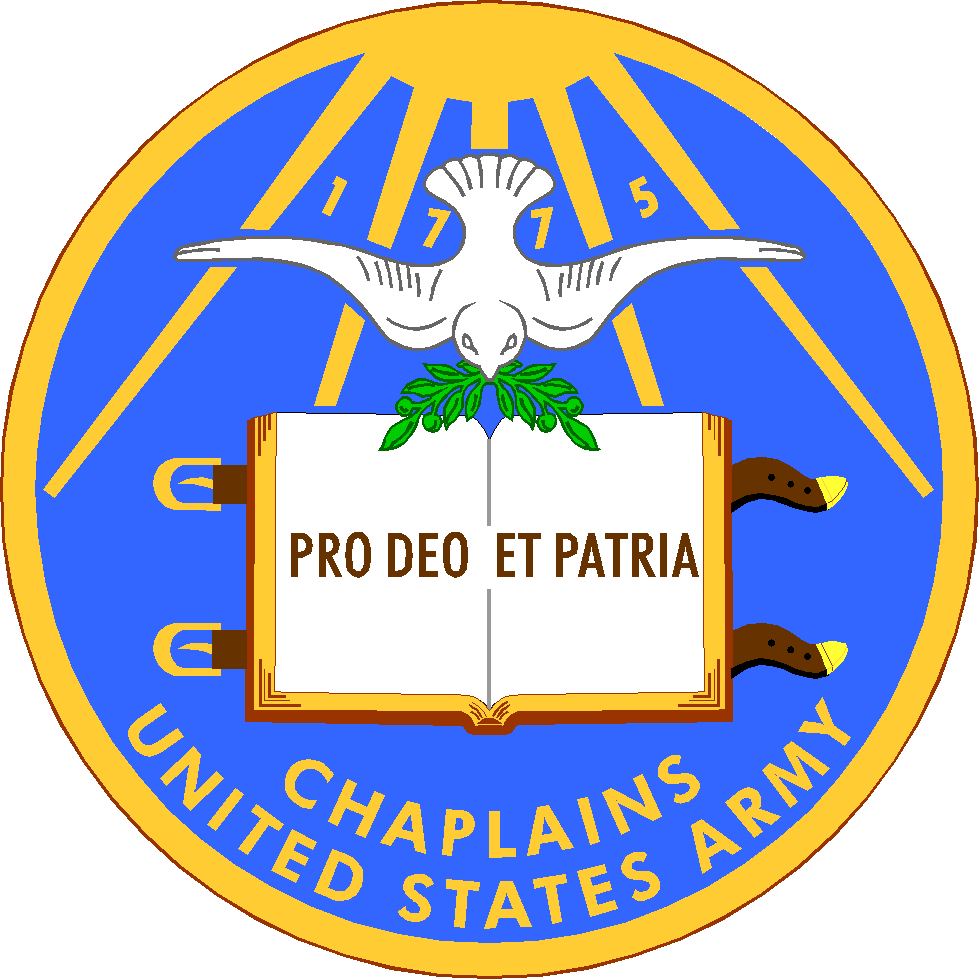 Chaplain Corps*
Chaplain Corps*
Since the country's inception, Army chaplains have provided religious services and guidance in times of war and peace. Today, officers in the Chaplain Corps perform or provide religious support for all Soldiers and family members. As a leader in this corps, you will serve both God and country with rewards and challenges like no other in the Army.
When George Washington took command of the Continental Army in 1775, there were only 15 chaplains serving. Since that time, approximately 25,000 Army chaplains have served as religious leaders for more than 25 million Soldiers and their families. Six chaplains have earned the Medal of Honor, our military's highest awards. Find out more about being an Army Chaplain here.
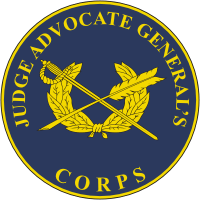 Judge Advocate General Corps*
Judge Advocate General Corps*
Work for the strongest law firm. It's not just the strongest law firm. The Judge Advocate General's (JAG) Corps was established in 1775, making it the oldest law firm in the nation. As a JAG attorney and officer, you'll serve as prosecutor or defense counsel in international, operational, labor, contract, environmental, tort and administrative law. You'll provide military, state, and federal legal services for the U.S. Army and its Soldiers. You'll also have immediate experience, handling real cases and significant legal issues.
To become a JAG attorney, you must first pass the Bar Exam after attending an American Bar Association accredited law school. You must also be admitted to practice law before the highest state or federal court. Those who enter the JAG Corps will receive a direct commission as a first lieutenant and will reach the rank of captain within six to nine months. Find out more about being an Army attorney here.
*Requires degree completion in respected career field (i.e. medical school, dental school, vet school, law school, etc) and typically requires a Cadet to apply for an educational delay during their undergraduate schooling in order to attend specialty graduate school
